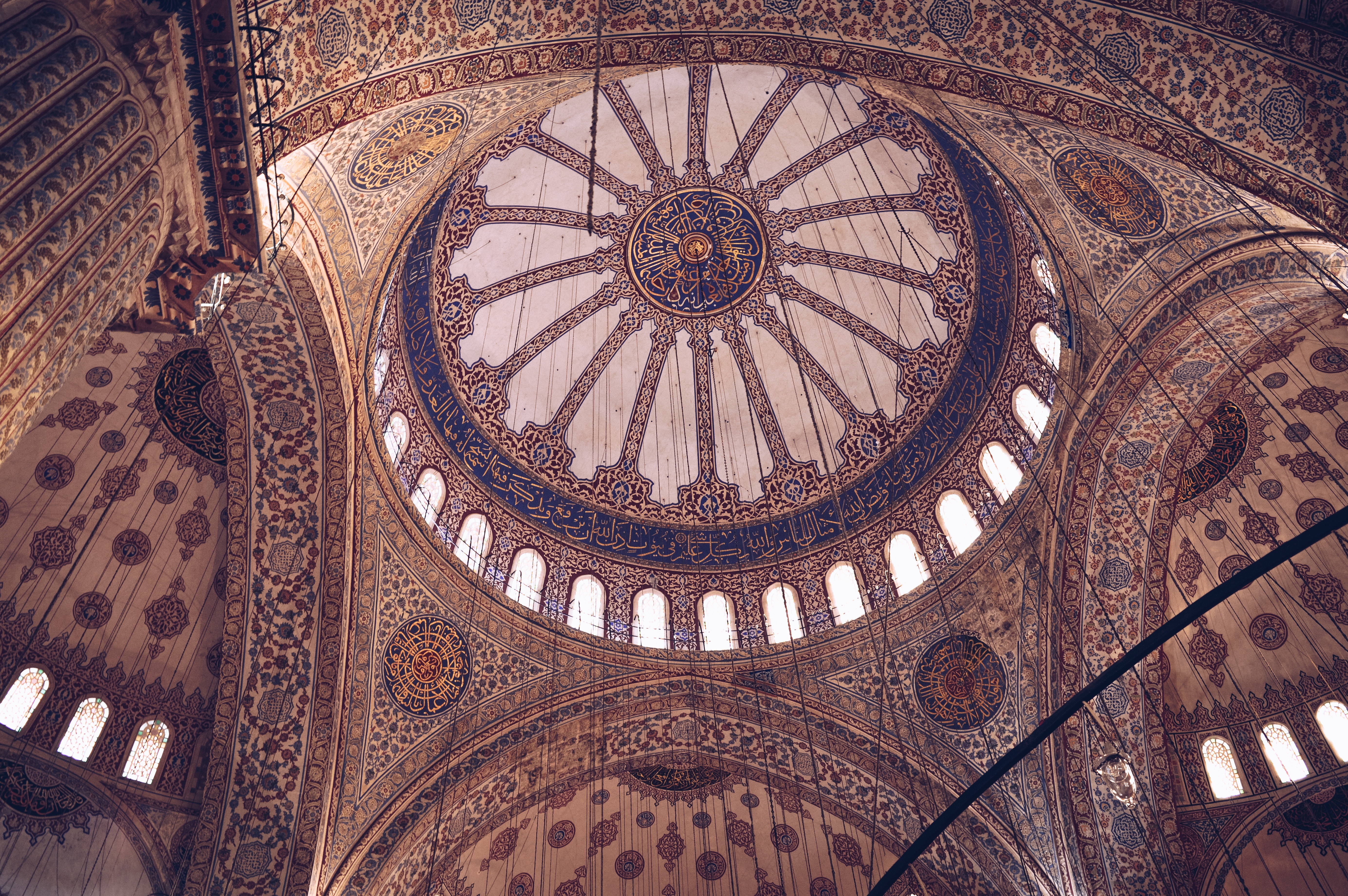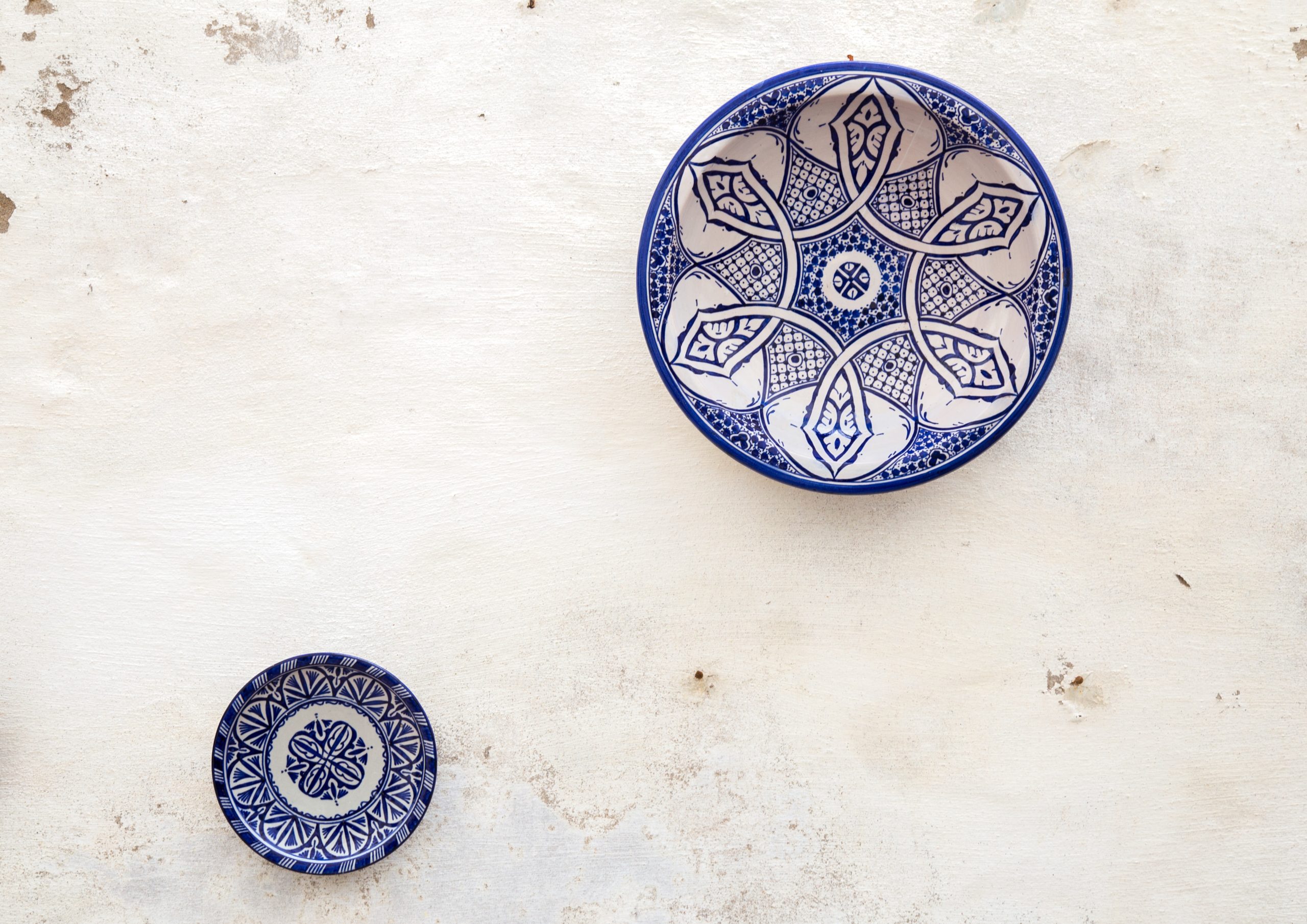If you take the perspective, as the Buddha did, that the world is transient and we should focus on that which is eternal, then life’s tests and challenges can be seen from a whole new perspective. Just as a student who has studied well, the exam becomes an opportunity to demonstrate your knowledge and intellectual growth. Tests and challenges, of various forms, that are thrown before us in life perform the same function for our spiritual growth. They can further give us a sense of achievement and growth if we face them valiantly and with the right attitude. Often, when you reflect back on difficulties and challenges in life, you view them with appreciation because you see how much they spurred your growth as a person. They remind us that the world is not always comfortable and we should not rest our affections upon it. They help to wean us from our reliance on it- ultimately pushing us to reflect on our lives and what is truly important in life. Such reflection leads to further spiritual growth.
This is a common spiritual theme in many religions, but is particularly emphasized in the Revelation of Baha’u’llah. Baha’ullah’s Faith grew up under conditions of extreme persecution and people were tested all the time. He Himself experienced a litany of tragic circumstances, from the imprisonment of both Himself and His family, to the death of several children during His lifetime, to the tragic persecution and killing of many of His followers. Indeed, Baha’u’llah reflects on these circumstances often in His Writings, seemingly as a way of teaching us how we should respond to life’s challenges- with an integrity that is born out of profound faith.
In a famous Hidden Word, Baha’u’llah reveals that “with the fire We test the gold, and with the gold We test our servants“. One interpretation is that “fire” is uncomfortable, like the challenges of life, but it proves whether or not we are “gold”. The other implication is that “gold”- meaning presumably money and luxury- is our true test because we can easily get caught up in it and forget that life is transient.
The following passage from ‘Abdu’l-Baha are the inspiration for the thoughts above:
Thou didst write of afflictive tests that have assailed thee. To the loyal soul, a test is but God’s grace and favour; for the valiant doth joyously press forward to furious battle on the field of anguish, when the coward, whimpering with fright, will tremble and shake. So too, the proficient student, who hath with great competence mastered his subjects and committed them to memory, will happily exhibit his skills before his examiners on the day of his tests. So too will solid gold wondrously gleam and shine out in the assayer’s fire.It is clear, then, that tests and trials are, for sanctified souls, but God’s bounty and grace, while to the weak, they are a calamity, unexpected and sudden.These tests, even as thou didst write, do but cleanse the spotting of self from off the mirror of the heart, till the Sun of Truth can cast its rays thereon; for there is no veil more obstructive than the self, and however tenuous that veil may be, at the last it will completely shut a person out, and deprive him of his portion of eternal grace.
When thou lookest about thee with a perceptive eye, thou wilt note that on this dusty earth all humankind are suffering. Here no man is at rest as a reward for what he hath performed in former lives; nor is there anyone so blissful as seemingly to pluck the fruit of bygone anguish. And if a human life, with its spiritual being, were limited to this earthly span, then what would be the harvest of creation? Indeed, what would be the effects and the outcomes of Divinity Itself? Were such a notion true, then all created things, all contingent realities, and this whole world of being—all would be meaningless. God forbid that one should hold to such a fiction and gross error.
For just as the effects and the fruitage of the uterine life are not to be found in that dark and narrow place, and only when the child is transferred to this wide earth do the benefits and uses of growth and development in that previous world become revealed—so likewise reward and punishment, heaven and hell, requital and retribution for actions done in this present life, will stand revealed in that other world beyond. And just as, if human life in the womb were limited to that uterine world, existence there would be nonsensical, irrelevant—so too if the life of this world, the deeds here done and their fruitage, did not come forth in the world beyond, the whole process would be irrational and foolish.
Know then that the Lord God possesseth invisible realms which the human intellect can never hope to fathom nor the mind of man conceive. When once thou hast cleansed the channel of thy spiritual sense from the pollution of this worldly life, then wilt thou breathe in the sweet scents of holiness that blow from the blissful bowers of that heavenly land.
Photo by Cullan Smith on Unsplash









